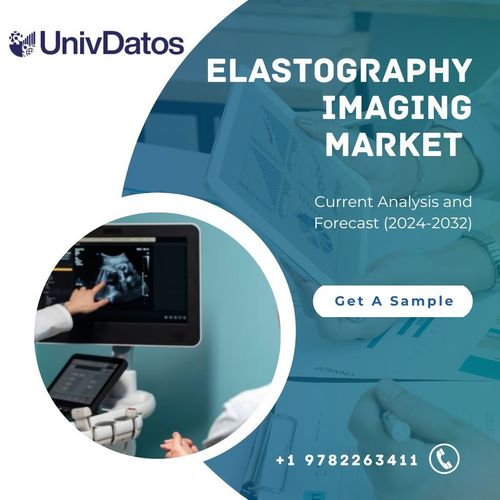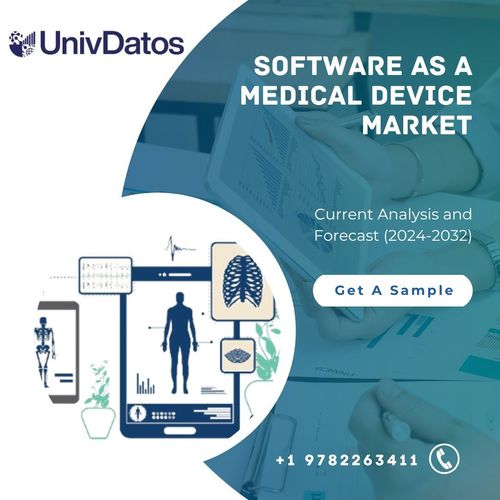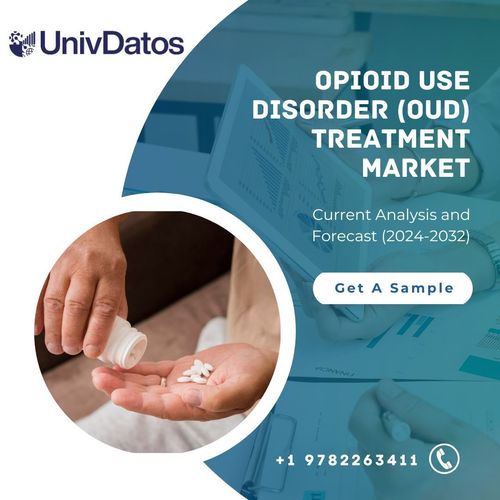Microchips in Medicine Market: Current Analysis and Forecast (2022-2028)
Emphasis on Application (Drug Administration, Home Monitoring, Drug Delivery, and Others); End-User (Hospital, Research Centers, and Others); and Region/Country
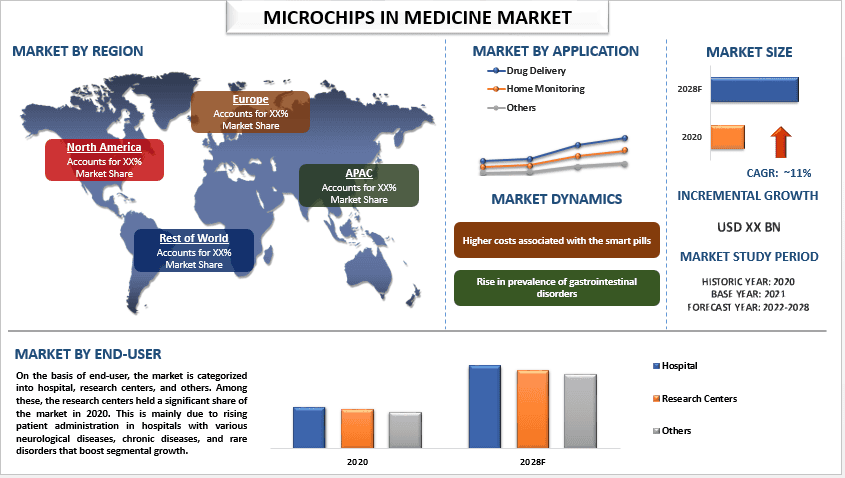
The global microchips in medicine market is expected to grow at a significant rate of around 11% during the forecast period. Microchips is an emerging technology and are considered as future of healthcare, finding its applications in drug delivery, hormone regulation, and others. In addition to this, researchers believe that microchips can be functioned to treat neurological diseases, including epilepsy and bodily paralyses. According to the report by the World Health Organization (WHO), 50 million people suffer with epilepsy globally, out of which 80% people live in middle and low-income countries. In addition to this, the growing investments by pharmaceutical giants is also boosting the growth of the market. For instance, in 2019, Daré Bioscience, Inc. acquired privately held Microchips Biotech, Inc. to secure Microchips’ innovative, drug delivery technology. The technology, which has been validated in a first-in-human clinical study in osteoporosis patients, is designed to store and precisely deliver hundreds of therapeutic doses over months or years in a single implant.
INTROMEDIC; Otsuka America Pharmaceutical, Inc.; Applied Microarrays, LLC; QIAGEN; Agilent Technologies, Inc.; Medtronic; Illumina, Inc.; BGI; Macrogen, Inc.; Bio-Rad Laboratories, Inc. are some of the key players in the market. Several M&As along with partnerships have been undertaken by these players to facilitate customers with hi-tech and innovative products/technologies.
Insights Presented in the Report
“Amongst application, home monitoring category to witness fastest CAGR during the forecast period.”
Based on application, the market is segmented into drug delivery, home monitoring, and others. home monitoring category to witness the fastest CAGR during the forecast period owing to the growing number of paralyzed patients, immobile people, and the elderly population is expected to fuel the demand for advanced medical devices designed to increase the convenience of patients. For instance, in 2020, The U.S. Census Bureau estimates that the over-65-year-old population will rise by approximately 236 million globally during the next ten years.
“Amongst end-user, the research centers segment is expected to grow with high CAGR during the forecast period.”
On the basis of end-user, the market is categorized into hospital, research centers, and others. Among these, the research centers segment is expected to grow with a high CAGR during the forecast period. It is mainly due to the rising number of research centers and their increasing investment by them. For instance, according to Eurostat, in 2021, the EU spent USD 355.57 billion (€328 billion) on Research and development; R&D expenditure as a percentage of GDP stood at 2.27 % in 2021, compared with 2.02 % in 2011.
Microchips in Medicine Market Report Coverage
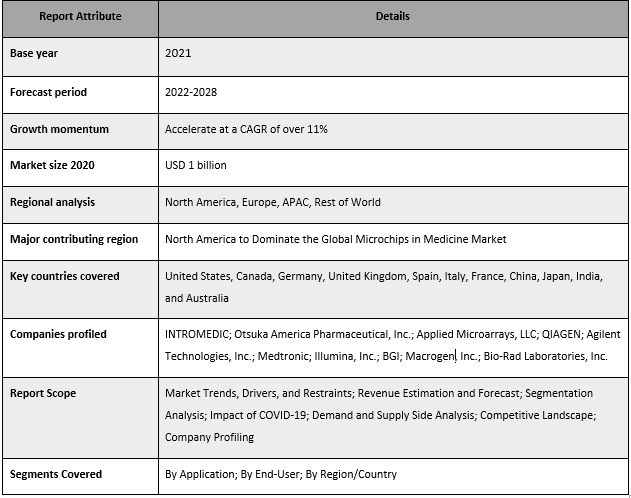
“North America to hold a significant share in the market”
For a better understanding of the market adoption of the microchips in medicine industry, the market is analyzed based on its worldwide presence in the countries such as North America (U.S., Canada, Rest of North America), Europe (Germany, U.K., France, Spain, Italy, Rest of Europe), Asia-Pacific (China, Japan, India, Rest of Asia-Pacific), Rest of World. North America is anticipated to grow at a substantial CAGR during the forecast period. This growth is attributed due to some major factors such as increased cancer incidence, increased use of cutting-edge technology, and advantageous reimbursement schemes. For instance, the American Cancer Society estimates that every year there are about 43,340 new cases of colorectal cancer recorded in the U.S.
In the upcoming years, Asia Pacific is anticipated to expand at the fastest rate due to factors like mandatory healthcare insurance, developments in technology, and an increase in the incidence of gastrointestinal disorders and stomach cancer. The prevalence of stomach cancer in Japan is third among Asian nations, according to the World Cancer Research Fund International. As a result, Japan will have sufficient growth opportunities due to a high prevalence of the target diseases and expanding government support.
Reasons to buy this report:
- The study includes market sizing and forecasting analysis validated by authenticated key industry experts.
- The report presents a quick review of overall industry performance at one glance.
- The report covers an in-depth analysis of prominent industry peers with a primary focus on key business financials, product portfolio, expansion strategies, and recent developments.
- Detailed examination of drivers, restraints, key trends, and opportunities prevailing in the industry.
- The study comprehensively covers the market across different segments.
- Deep dive regional level analysis of the industry.
Customization Options:
The global microchips in medicine market can further be customized as per the requirement or any other market segment. Besides this, UMI understands that you may have your own business needs, hence feel free to connect with us to get a report that completely suits your requirements.
Table of Contents
1. Market Introduction
- Market Definitions
- Main Objective
- Stakeholders
- Limitation
2. Research Methodology Or Assumption
- Research Process of the Microchips in Medicine Market
- Research Methodology of the Microchips in Medicine Market
- Respondent Profile
3. Market Synopsis
- Market Synopsis
4. Executive Summary
- Executive Summary
5. Impact Of Covid-19 On The Microchips In Medicine Market
- Impact Of Covid-19 On The Microchips In Medicine Market
6. Microchips In Medicine Market Revenue, 2020-2028f
- Microchips In Medicine Market Revenue, 2020-2028f
7. Market Insights By Application
- Drug Delivery
- Home Monitoring
- Others
8. Market Insights By Type
- Hospital
- Research Centers
- Others
9. Market Insights By Region
- North America
- U.S.
- Canada
- Rest of North America
- Europe
- Germany
- U.K.
- France
- Italy
- Spain
- Rest of Europe
- Asia-Pacific
- China
- Japan
- India
- Rest of Asia-Pacific
- Rest of World
- North America
10. Microchips In Medicine Market Dynamics
- Market Drivers
- Market Challenges
- Impact Analysis
11. Microchips In Medicine Market Opportunities
- Microchips In Medicine Market Opportunities
12. Microchips In Medicine Market Trends
- Microchips In Medicine Market Trends
13. Demand And Supply-side Analysis
- Demand Side Analysis
- Supply Side Analysis
14. Value Chain Analysis
- Value Chain Analysis
15. Pricing Analysis
- Pricing Analysis
16. Strategic Insights
- Strategic Insights
17. Competitive Scenario
- Competitive Landscape
- Porters Fiver Forces Analysis
- Competitive Landscape
18. Company Profiled
- INTROMEDIC
- Otsuka America Pharmaceutical, Inc.
- Applied Microarrays, LLC
- QIAGEN
- Agilent Technologies, Inc.
- Medtronic
- Illumina, Inc.
- BGI
- Macrogen, Inc.
- Bio-Rad Laboratories, Inc.
19. Disclaimer
- Disclaimer
Research Methodology for the Microchips in Medicine Market Analysis (2022-2028)
Analyzing the historical market, estimating the current market, and forecasting the future market of the global microchips in medicine market were the three major steps undertaken to create and analyze the adoption of microchips in medicines in major regions globally. Exhaustive secondary research was conducted to collect the historical market numbers and estimate the current market size. Secondly, to validate these insights, numerous findings and assumptions were taken into consideration. Moreover, exhaustive primary interviews were also conducted, with industry experts across the value chain of the global microchips in medicine market. Post assumption and validation of market numbers through primary interviews, we employed a top-down/bottom-up approach to forecasting the complete market size. Thereafter, market breakdown and data triangulation methods were adopted to estimate and analyze the market size of segments and sub-segments of the industry pertains to. Detailed methodology is explained below:
Analysis of Historical Market Size
Step 1: In-Depth Study of Secondary Sources:
Detail secondary study was conducted to obtain the historical market size of the microchips in medicine market through company internal sources such as annual reports & financial statements, performance presentations, press releases, etc., and external sources including journals, news & articles, government publications, competitor publications, sector reports, third-party database, and other credible publications.
Step 2: Market Segmentation:
After obtaining the historical market size of the microchips in medicine market, we conducted a detailed secondary analysis to gather historical market insights and share for different segments & sub-segments for major regions. Major segments are included in the report as application and end-user. Further country-level analyses were conducted to evaluate the overall adoption of testing models in that region.
Step 3: Factor Analysis:
After acquiring the historical market size of different segments and sub-segments, we conducted a detailed factor analysis to estimate the current market size of the Microchips in Medicine Market. Further, we conducted factor analysis using dependent and independent variables such as various application and end-users of microchips in medicines. A thorough analysis was conducted for demand and supply-side scenarios considering top partnerships, mergers and acquisitions, business expansion, and product launches in the microchips in medicine market sector across the globe.
Current Market Size Estimate & Forecast
Current Market Sizing: Based on actionable insights from the above 3 steps, we arrived at the current market size, key players in the global microchips in medicine market, and market shares of the segments. All the required percentage shares split, and market breakdowns were determined using the above-mentioned secondary approach and were verified through primary interviews.
Estimation & Forecasting: For market estimation and forecast, weights were assigned to different factors including drivers & trends, restraints, and opportunities available for the stakeholders. After analyzing these factors, relevant forecasting techniques i.e., the top-down/bottom-up approach were applied to arrive at the market forecast for 2028 for different segments and sub-segments across the major markets globally. The research methodology adopted to estimate the market size encompasses:
- The industry’s market size, in terms of revenue (USD) and the adoption rate of the microchips in medicine market across the major markets domestically
- All percentage shares, splits, and breakdowns of market segments and sub-segments
- Key players in the global microchips in medicine market in terms of products offered. Also, the growth strategies adopted by these players to compete in the fast-growing market
Market Size and Share Validation
Primary Research: In-depth interviews were conducted with the Key Opinion Leaders (KOLs) including Top Level Executives (CXO/VPs, Sales Head, Marketing Head, Operational Head, Regional Head, Country Head, etc.) across major regions. Primary research findings were then summarized, and statistical analysis was performed to prove the stated hypothesis. Inputs from primary research were consolidated with secondary findings, hence turning information into actionable insights.
Split of Primary Participants in Different Regions
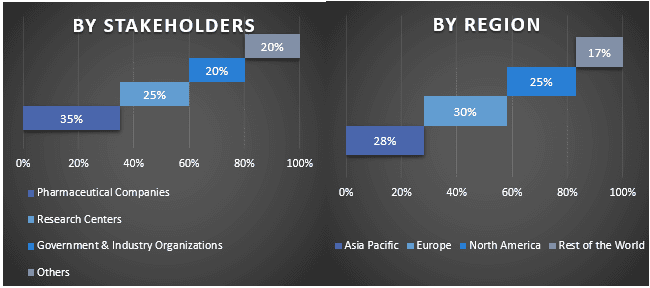
Market Engineering
The data triangulation technique was employed to complete the overall market estimation and to arrive at precise statistical numbers for each segment and sub-segment of the global Microchips in Medicine Market. Data was split into several segments & sub-segments post studying various parameters and trends in the areas of application and end-user in the global Microchips in Medicine Market.
The main objective of the Global Microchips in Medicine Market Study
The current & future market trends of the global microchips in medicine market were pinpointed in the study. Investors can gain strategic insights to base their discretion for investments on the qualitative and quantitative analysis performed in the study. Current and future market trends determined the overall attractiveness of the market at a regional level, providing a platform for the industrial participant to exploit the untapped market to benefit from a first-mover advantage. Other quantitative goals of the studies include:
- Analyze the current and forecast market size of the microchips in medicine market in terms of value (USD). Also, analyze the current and forecast market size of different segments and sub-segments
- Segments in the study include areas of application and end-user.
- Define and analysis of the regulatory framework for the microchips in medicine
- Analyze the value chain involved with the presence of various intermediaries, along with analyzing customer and competitor behaviors of the industry.
- Analyze the current and forecast market size of the microchips in medicine market for the major region.
- Major countries of regions studied in the report include Asia Pacific, Europe, North America, and the Rest of the World.
- Company profiles of the microchips in medicine market and the growth strategies adopted by the market players to sustain in the fast-growing market.
- Deep dive regional level analysis of the industry
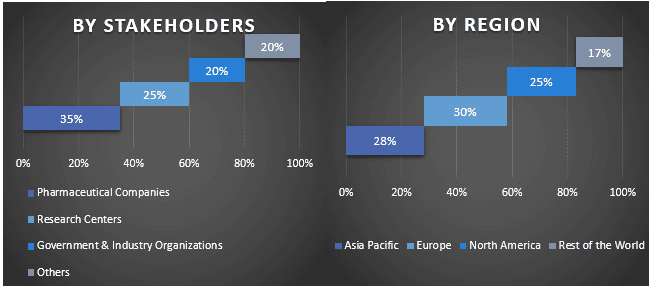
You can also purchase parts of this report. Do you want to check out a section wise
price list?
Related Reports
Customers who bought this item also bought


